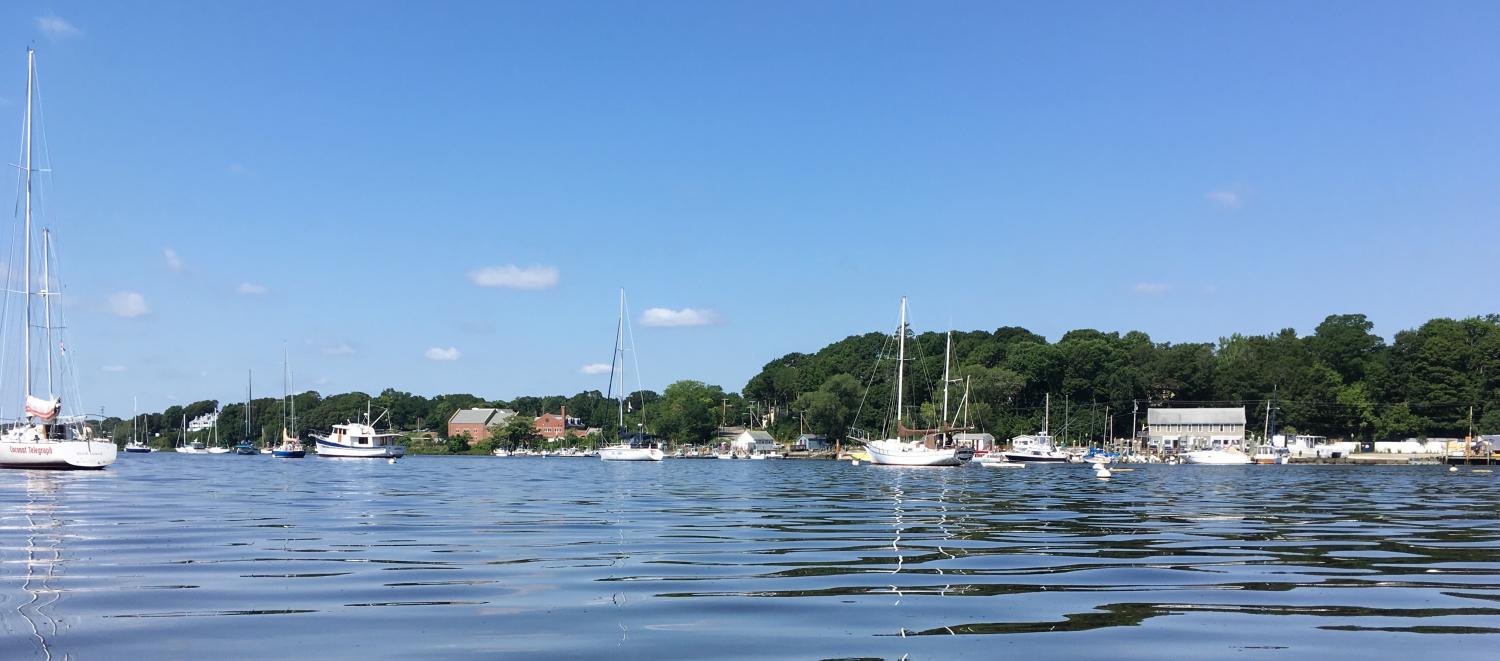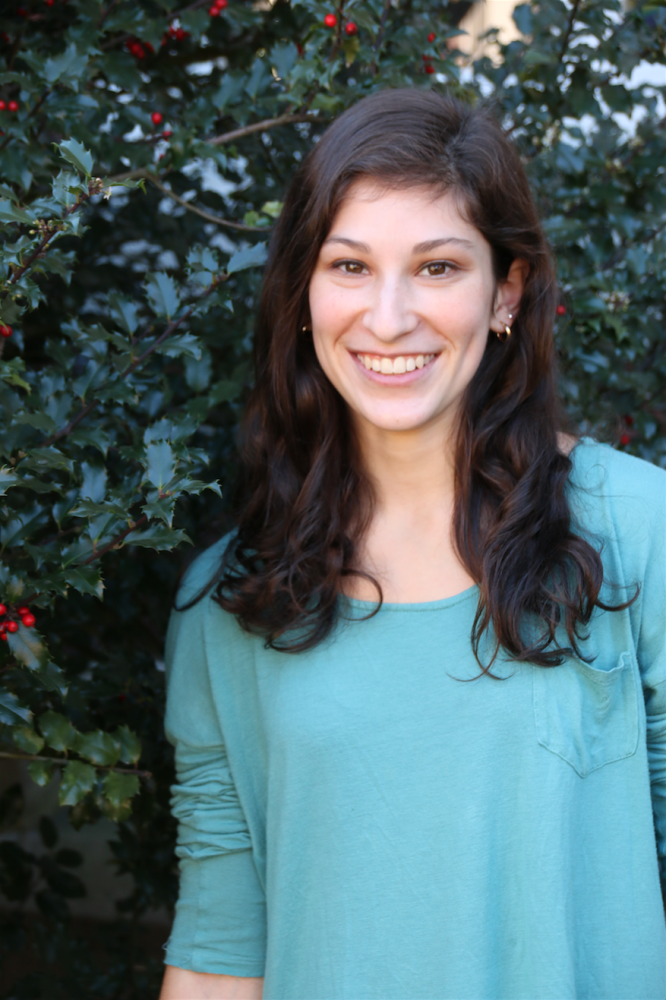According to Sonya Gurwitt '17, an alumna of IBES's Climate and Development Lab, this problem is compounded by the mainstream media, which tends to portray climate change as real, but distant in both time and scope.

Gurwitt was curious to find out more about the impressions that Rhode Islanders have about climate change, especially as signs of warming become ever more evident on a local level. She has compiled her research in the form of a website, Rhode Island Climate Stories.

"My inspiration for the website came from some research I was doing as part of the Climate and Development Lab on international media coverage of climate change. I found that while the media plays a key role in informing the public about many aspects of climate change, it may not do so in a way that allows people to understand all of the many complexities of the issue or inspire them to act," says Gurwitt. "I decided I wanted to try to explore a different method of communication that would highlight some of the local, personal facets of climate change and could serve as a jumping off point for further, similar projects."
The Rhode Island Climate Stories website is now live, and includes interviews with many prominent locals. Gurwitt hopes that these interviews will reveal local efforts that are already in progress as well as the places where work still needs to be done.
"Even for the tiny state of RI, this project is not even close to complete," she concludes. "Many more interviews would be needed to fully capture the intricacies of how climate change manifests itself in the state and what may happen in the future. I hope that this method of local storytelling can be used in other places to raise awareness of the local risks and impacts of climate change."